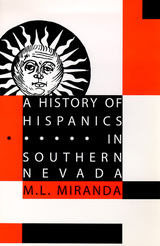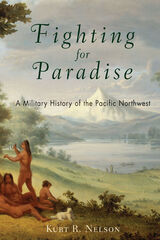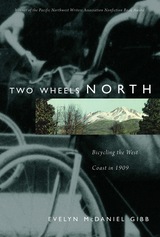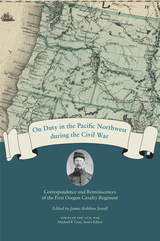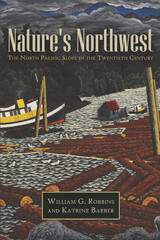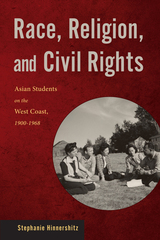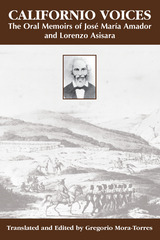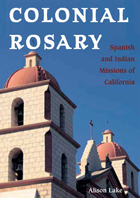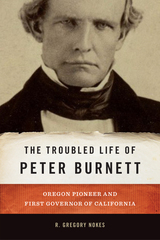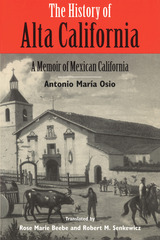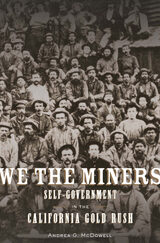Because I Don't Have Wings: Stories of Mexican Immigrant Life
University of Arizona Press, 2006
Paper: 978-0-8165-2525-6 | eISBN: 978-0-8165-5043-2
Library of Congress Classification F855.2.M5G37 2006
Dewey Decimal Classification 305.8687207237
Paper: 978-0-8165-2525-6 | eISBN: 978-0-8165-5043-2
Library of Congress Classification F855.2.M5G37 2006
Dewey Decimal Classification 305.8687207237
ABOUT THIS BOOK | AUTHOR BIOGRAPHY | REVIEWS | TOC
ABOUT THIS BOOK
For Mexican workers, the agricultural valleys of the inland Northwest are a long way from home. But there they have established communities, settlements recent enough that it feels like these newly arrived immigrant mexicanos are pioneers, still getting used to the Anglos and to each other. This book looks at the inner lives of Mexican immigrants in a northwestern U.S. boomtown, a loose collection of families from Michoacán and surrounding states living a mere 150 miles from Canada. They are more isolated than most mexicano communities closer to home, and they endure severe winters that make life more difficult still. Neighborhoods form, dissolve, and re-form. Family members who leave may stay in touch, but friends very often simply vanish, leaving only their nicknames behind. Without a market or a plaza, residents meet at weddings, christenings, and funerals—or at the food bank.
Philip Garrison has spent most of his life in this region and shares in vivid prose tales of immigrant life, both contemporary and historical, revealing the dual lives of first-generation Mexican immigrants who move smoothly between the Yakima Valley and their homes in Mexico. And with a scholar’s eye he examines figures of speech that reflect mexicano feelings about immigrant life, offering glimpses of adaptation through offhand remarks, family spats, and town gossip.
Written with irony but bursting with compassion, Because I Don’t Have Wings features vivid characters, telling anecdotes, and poignant reflections on life, unfolding an immigrant’s world strikingly different from the one we usually read about. Adaptation, persistence, and survival, we learn, are traits that mexicano culture values. We also learn that, over time, mexicano immigrants don’t merely adapt to the culture of el norte, they transform it.
Philip Garrison has spent most of his life in this region and shares in vivid prose tales of immigrant life, both contemporary and historical, revealing the dual lives of first-generation Mexican immigrants who move smoothly between the Yakima Valley and their homes in Mexico. And with a scholar’s eye he examines figures of speech that reflect mexicano feelings about immigrant life, offering glimpses of adaptation through offhand remarks, family spats, and town gossip.
Written with irony but bursting with compassion, Because I Don’t Have Wings features vivid characters, telling anecdotes, and poignant reflections on life, unfolding an immigrant’s world strikingly different from the one we usually read about. Adaptation, persistence, and survival, we learn, are traits that mexicano culture values. We also learn that, over time, mexicano immigrants don’t merely adapt to the culture of el norte, they transform it.
See other books on: Community life | Figures of speech | Languages | Mexicans | Michoacán de Ocampo (Mexico)
See other titles from University of Arizona Press

